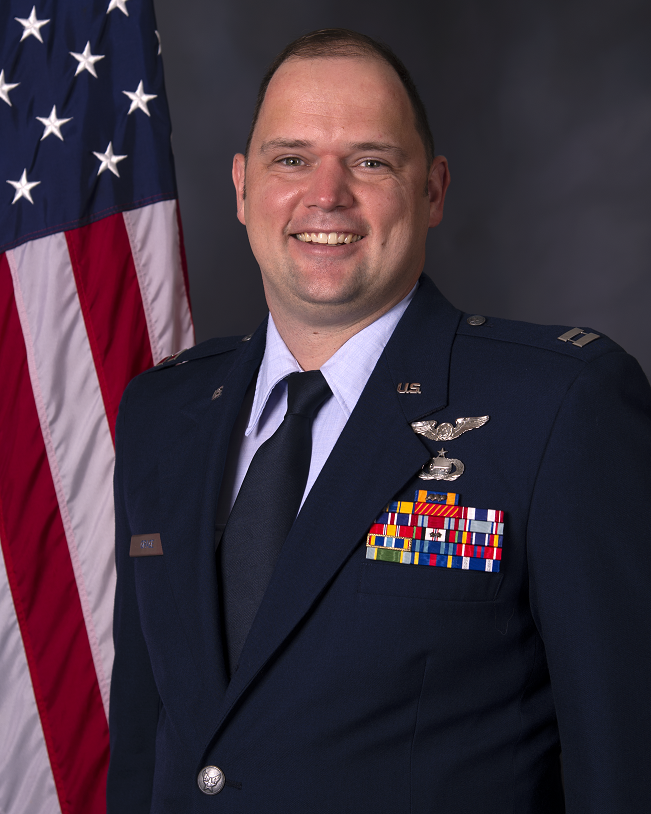

It’s a good sign that the average salary in this field is higher than the national average, which is a good thing for people who want a career in it. Cryptologic language analysts in the United States earn an average annual salary of $74,527, according to the Bureau of Labor Statistics. As more organizations rely on encryption to protect their data, the demand for cryptographic language analysts is growing. As a result of their abilities, they can protect their colleagues’ secrets for the military and other organizations. This job requires top secret clearance and fluency in a foreign language.Ī cryptographic language analyst’s task is to decipher encrypted communications in order to protect national security. They use their linguistic skills to help the United States armed forces interpret, translate, and understand enemy communications. The DLIFLC is an international school that offers students from various military and civilian backgrounds the opportunity to study at one of the country’s most prestigious institutions.Ī cryptologic linguist is responsible for analyzing and interpreting foreign communication. How Long Is Army Linguist School?ĭepending on the language, the course lasts 36 to 64 weeks. Students work six to seven hours per day (including homework) for 64 weeks over three semesters (except for finals). Those who take the courses will face intense competition. How long is Cryptologic Linguist tech school for air force? It takes 8 to 15 months of language training at the Defense Language Institute in Monterey, CA, depending on the complexity of the language and your ability to learn it, and you must pass a written exam in order to become a USAF Airborne Cryptologic Linguist. How Long Is Tech School For Cryptologic Linguist? During this time, you will be in the classroom and in the field. How Long Does It Take To Become A Cryptologic Linguist?Ī cryptologic analyst‘s training begins with 10 weeks of basic combat training and then progresses to three to 52 weeks of advanced individual training with on-the-job instruction. The Army offers cryptologic linguist training in more than two dozen languages, including Arabic, Chinese, Dari, Korean, Pashto, Persian, Russian and Spanish. They must also be able to pass a cryptologic language proficiency test (CLPT) in their chosen language. Cryptologic linguists must be able to speak, read and write in a foreign language at a level 3 or higher on the Interagency Language Roundtable (ILR) scale. Cryptologic linguists serve in a variety of roles, including working as part of an Army cryptologic team, providing linguistic support to Army computer network operators, and serving as cryptologic analysts.

They use their skills in more than 150 languages to support military operations worldwide.

A cryptologic linguist is responsible for intercepting, translating and analyzing foreign communications using voice, text, and digital formats. In the United States Army, a cryptologic linguist is a Soldier who performs in one of the Army’s most critical career fields – the acquisition, analysis and exploitation of foreign language and cultural data in support of Army intelligence.


 0 kommentar(er)
0 kommentar(er)
